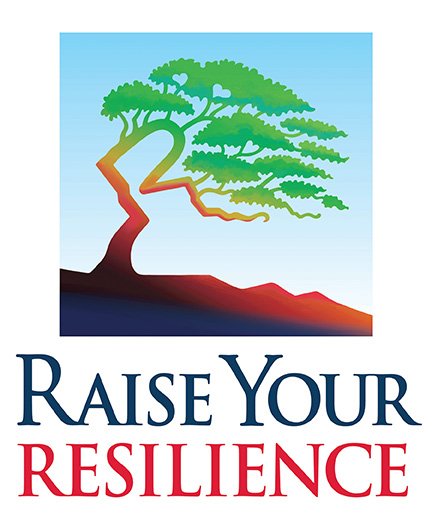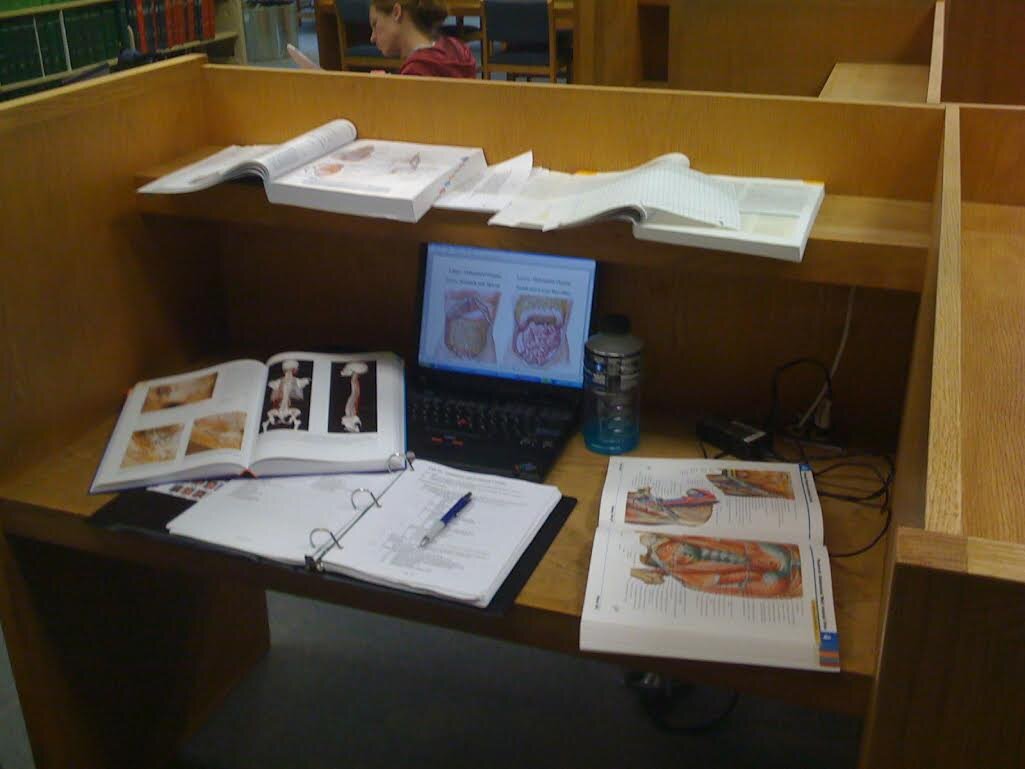The people
This page is will always be changing. The people here will be some of the authors, in particular those with whom I’ve had the most interaction of the years. The link goes to the page their CV exists on. The people listed here and the books are the functional science that supports the work of Raise Your Resilience. Those sciences include psychology, neurology, physiology, anatomy, history, ethology, biology, and theology. These science cover the Six Wisdoms, or intelligences, that emerge in trauma healing: somatic, emotional, cognitive (not IQ), social, spiritual, and environmental. This page does not include webinars and conferences I attend that pursue applying current science to trauma healing, with new names I can add to this list, dealing with subjects like treating abandonment. Attachment issues. Consciousness, identity, awareness practices, and others.
Dr. Peter Levine - Not my first read, but the most influential in terms of describing what stress is and how it works in the human organism. My first encounter of the fact that stress is a cycle, with an end and a beginning. I attended a weekend training in Somatic Experiencing, which he is the founder of, back in 2013. I was underwhelmed, compared to how I felt reading his material.
Dr. David Berceli - This was the man who was my instructor (differing from trainer) in TRE. I followed up on Levine’s many mentions of shaking, tremoring, quivering etc, and tremoring is what Dr. Berceli focused on as a modality. He found a way to self-induce the autonomic tremoring process to complete stress cycles, and discharge them from the body. My TRE training was one year of doing the work on myself, and learning how to apply the skills in clinical work with 100% supervised sessions. The second year was learning to apply clinical setting tools to groups, again, with 100% supervision.
Dr. Robert Scaer - Dr. Scaer was the first read for me in the subject of stress and trauma. He pointed me to Levine and Berceli. I appreciate the fact he took personal time to help me. He passed away in late 2021.
Stanley Keleman, DC - Keleman’s book, Emotional Anatomy, changed how I looked at humans. He was where I got the notion of pulsation in the human organism. When I e-mailed with a question and observation, he was kind enough to mail me some pamphlets and a book.
Dr. Thomas Hanna - It was in my second year of training I ran across Dr. Hanna’s book Somatics. It reminded me a lot of Keleman’s work, though with Hanna there are movement exercises to help someone reconnect with their body. I use these practices to this day. Hanna shows how the stress response effects the soma in a macro way, and, just how fast that can happen, pointing to the impact of microaggressions.
Dr. Robert Sapolsky - His CV seems hard to find, then again, he has four professorships. I’ve watched his videos and read his book, Why Zebras Don’t Get Ulcers. He is not only bright, he writes well and has a good sense of humor. He has been researching, talking about, and writing about how stress effects the human organism for three decades, apart from his other responsibilities.
Bessell van der Kolk, MD - His book, The Body Keeps the Score, is quite informative. It introduced me to developmental trauma, and an ongoing issue of justice: when women kill their abusers. While I was reading the book, my sonn called from western Massachsetts where he was studying Shakespeare and theater in general. He asked if I’d ever heard of Bessell van der Kolk. I said “Yes, I’m reading his book as we speak. Why?” He replied, “Because he’s here in our summer intensive and we’ve been talking about theater and trauma healing.” Small world huh?
Alexander Lowen, MD - He is the pioneer of Bioenergetics, and the author of the book with the same title. I include him here because in his book, he identifies the human tremor process, and ended up referring to it as the orgasm response. He was aware of it’s healing potential, and this was back in the 1950s.
Judith Herman, MD - It was from this woman that I learned that the demographic with the largest number of cases of PTSDs is women in civilian life. I also liked that she points out that for healing, a healing relationship and safety need to be present. “Recovery can only take place in the context of relationships, it cannot occur in isolation.”
Candace Pert, PhD - Enter the emotions into the arena of trauma healing. Her work was pioneering, and eye opening, and led to later using the Mixed Emotions cards to develop emotional literacy. Pert’s work though helped bridge that divide between body and emotion. For me and I think fundamentally after somatic wisdom comes emotional wisdom. And by “wisdom” I mean the quality of having experience, knowledge, and good judgement.
Eugene Gendlin, PhD - Albeit a phiolosopher by education, Gendlin was heavily involved in psychology, laregley with Carl Rogers. He first coined the phrase, “felt sense” - “a client's ability to realize lasting positive change in psychotherapy depended on their ability to access a nonverbal, bodily feel of the issues that brought them into therapy. Gendlin gave the name "felt sense" to this intuitive body-feel….” And positive change takes time and feeling it. This is why is isn’t about what you know, or think, or any other cognition.
Rick Hanson, PhD - His book is a great intersection between psychology, neurology, and contemplative practices. He describes how the three can work together to end our suffering. It was in this book that I learned that cortisol levels of chronic stress has effects on the volume of the amygdalae and hippocampi. Although I don’t start clients out in meditation right away, this is a good resource once certain levels of capacity and resilience are achieved.
Daniel Goleman - a pioneer in the field of Emotional Intelligence. In my healing this came hard on the heels of Somatic wisdom, and I used Mixed Emotions cards to create my literacy. EI came into interest actually before I started healing, as I attended a conference at Harvard on EI in 2012. It came full circle later as my healing progressed.
The books
* indicates most influential
The Trauma Spectrum - Robert Scaer, MD.
The Body Bears the Burden - Robert Scaer., MD.
The Revolutionary Trauma Healing Process* - David Berceli, PhD
Waking the Tiger - Peter Levine, PhD
In an Unspoken Voice* - Peter Levine, PhD
Healing Trauma - Peter Levine, PhD
Emotional Anatomy* - Stanley Keleman, DC.
Buddha’s Brain - Rick Hanson, PhD
The Body Keeps the Score - Bessell van der Kolk, MD
Trauma and Recovery, - Judith Herman, MD
Focusing - Eugene Gendlin, PhD
Molecules of Emotion - Candace Pert
Achilles in Vietnam - Jonathan Shay, PhD
The Realm of the Hungy Ghosts - Dr. Gabor Mate
Why Zebras Don’t Get Ulcers - Robert Sapolsky, PhD
The Polyvagal Theory - Stephen Porges, PhD
Handbook of the Polvagal Theory - Stephen Porges, PhD
Healing Developmental Trauma* - Lawrence Heller, PhD
Bioenergetics - Alexander Lowen, MD
Emotional Intelligence - Daniel Goleman
Physical Intellignece - Scott Grafton, MD
Neurotheology - Andrew Newberg
The Heart of Trauma - Bonnie Badenoch
Somatics* - Thomas Hanna
Attached - Amir Levine and Ruth Heller
The Politics of Trauma - Staci K Haines, 2022
The Myth of Normal - Dr. Gabor Mate, 2023
The Spell of the Sensuous - David Abrams, 2023
The Grief Recovery Handbook - James and Friedman, 2023
The Six Pillars of Self-Esteem - Nathaniel Branden
Trauma and memory - Dr. Peter Levine (61), 12/24
Continued Learning
Healing Trauma - Sounds true course with Dr. Peter Levine - December 2021
NASM Personal Trainer certification - completed September 2021
Trauma and Story - Learning to safely integrate the trauma story into somatic completion and discharge - May 2022
33rd Annual Boston Trauma Conference - May 2022
Biology of Trauma 2.0 - August, 2022
Studies and articles
These are studies and articles which I come across that are presumably independent of those referenced in the works above, which number in the hundreds.
Stress and the body
https://www.ncbi.nlm.nih.gov/pmc/articles/PMC5579396/
https://www.stress.org/how-does-stress-affect-your-body-the-latest-research-shows-it-can-vary
Intergenerational trauma
https://psychiatryinstitute.com/intergenerational-transmission-trauma-yehuda/
https://pubmed.ncbi.nlm.nih.gov/32804293/
Human frequency
https://www.sciencedirect.com/science/article/pii/S105381192200492X?fbclid=IwAR1Q035VKovj_zvyEPbvmfjcNf_MX1D4ZhUdWiOxUaMJs1XMMChbWM21i-E

